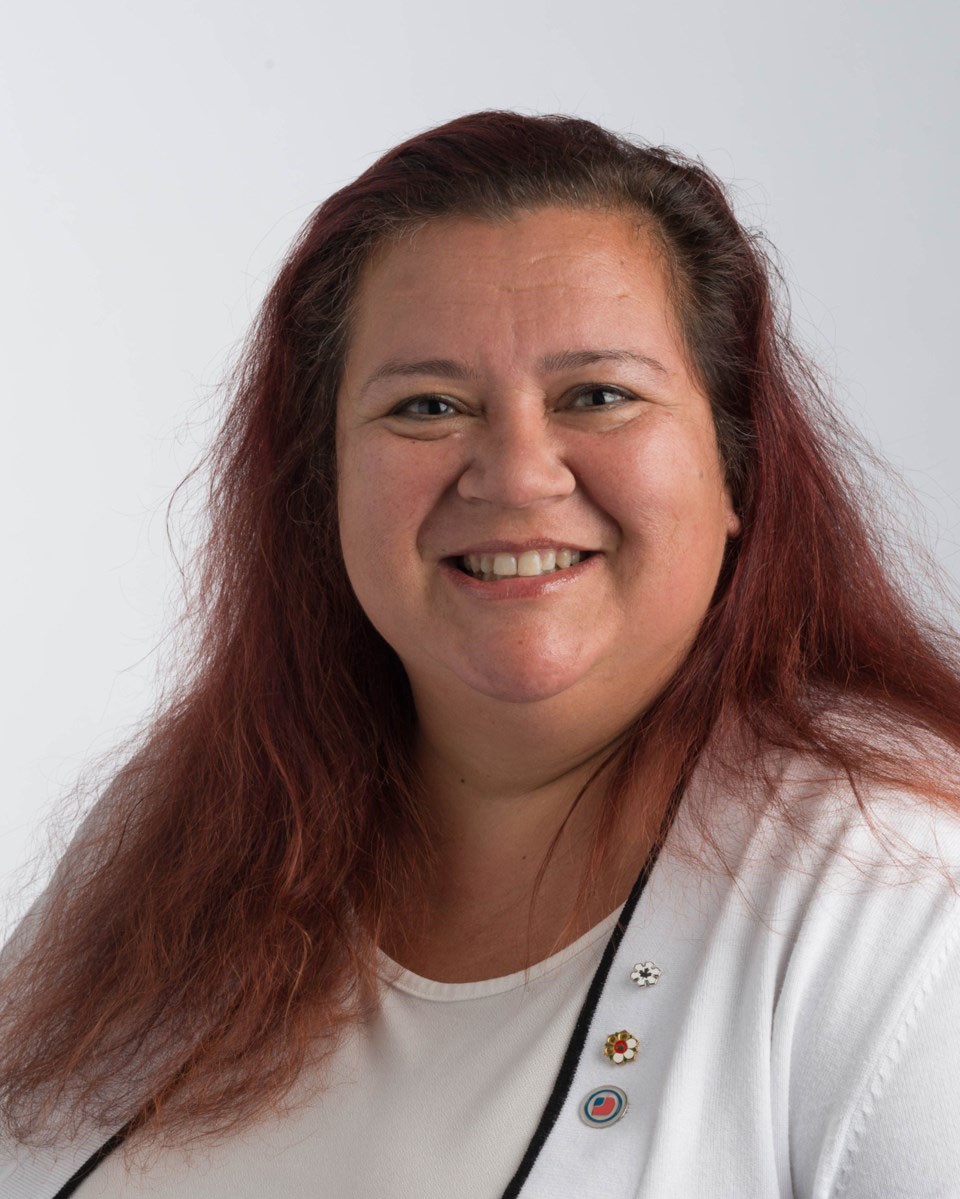Former Tsawwassen First Nation (TFN) Chief and current Chancellor of Kwantlen Polytechnic University Kim Baird, is among the recipients of the second British Columbia Reconciliation Award.
The award recognizes six extraordinary individuals and organizations who have demonstrated exceptional leadership, integrity, respect and commitment to furthering reconciliation with Indigenous Peoples in British Columbia or inspired others to continue reconciliation efforts.
The Office of the Lieutenant Governor of British Columbia, in partnership with BC Achievement Foundation announced the recipients which also included: T̓łaḵwagila, Chief Bill Cranmer (Alert Bay), and Brendan Eshom (Prince Rupert). Organization recipients included Atomic Cartoons in partnership with GBH (Vancouver), DIVERSEcity - Surrey Local Immigration Partnership (Surrey) and Tk'emlúps te Secwépemc and the City of Kamloops (Kamloops).
Baird is an accomplished leader, a respected advocate for Indigenous people, and is nationally recognized for her work in Reconciliation. She is a graduate of KPU, receiving the Distinguished Alumni award in 2012.
Her life work has provided a foundation that will create the opportunity for the process of Reconciliation to exist/thrive. This includes acknowledging that First Nations have a right to self-determination, a quality of life equal to all, and in partnership with all people.
At the age of 28 she was the elected Chief of the TFN. She held this important position for six terms, from 1999 to 2012. In that role her most notable achievements towards Reconciliation took place.
On behalf of TFN, she negotiated B.C.’s first urban modern treaty, which came into effect on April 3, 2009. The treaty provided unprecedented benefits and opportunities, and her leadership contributed to TFN being one of the most progressive First Nations in Canada. She says, “true Reconciliation” means “no longer being tethered to the Indian Act, and gaining access to financial resources and economic opportunities, and to services and programs for TFN members.”
In the spirit of the BC Reconciliation Award, she believes that respect must go beyond Aboriginal rights and title. It needs to be reflected in laws, policies, and in the operations of government and the courts. To support this ongoing quest, she now runs her own consulting firm and continues to share her expertise on many public and private boards, working tirelessly to serve her community in both official and unofficial capacities.



